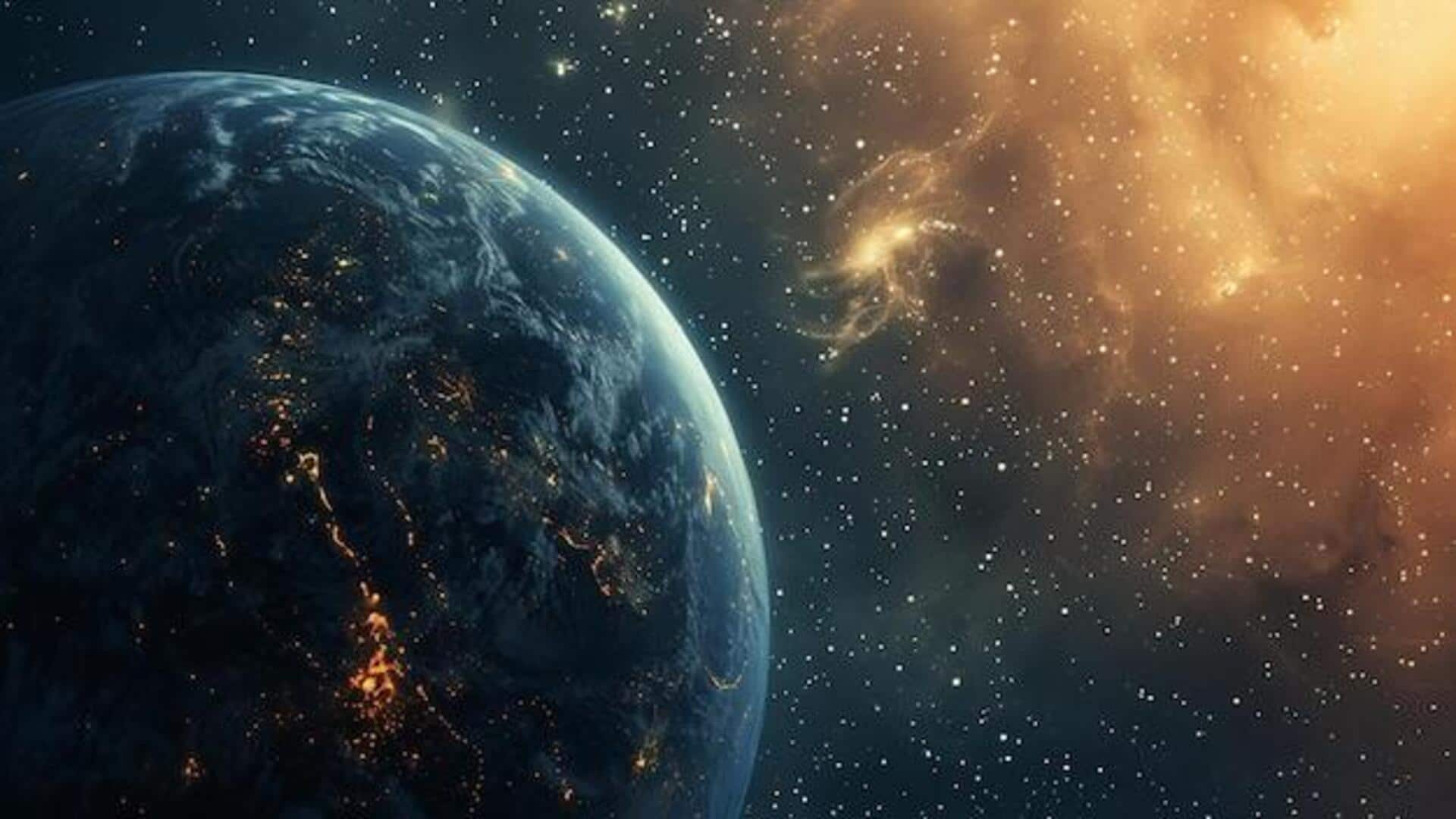
Could life exist without planets? Scientists say so
What's the story
Scientists are delving into the intriguing possibility that alien life may not need a planet to survive. The idea defies the conventional notion that planets are the best places for life, owing to their natural resources and conditions. However, a recent study published in Astrobiology, challenges this notion by proposing an environment that could support life without a planet.
Space life
Astronauts and tardigrades: Examples of space survival
The idea of life without a planet is not as far-fetched as it sounds. Astronauts on the International Space Station (ISS) are living examples of creatures surviving in space, though with a lot of Earth-based resources. Even certain simple organisms like tardigrades, tiny water-dwelling creatures, have shown their ability to survive the vacuum of space.
Survival challenges
Challenges and solutions for space-based life
For a community of organisms to survive in space, they'd have to overcome a number of hurdles. These include maintaining internal pressure against the vacuum of space, regulating temperature for liquid water, preventing the loss of lightweight elements, and positioning within their star's habitable zone. The study hints these challenges could be met by forming a membrane or shell around the colony and developing ways to regulate internal temperatures without an atmosphere.
Colony model
Theoretical model of a space-based biological colony
The researchers envision a theoretical model of an organism or a group of organisms, freely floating in space. This structure could be up to 100 meters across and would be enclosed by a thin, hard, transparent shell. This shell would help maintain the right pressure and temperature for its interior water and create a greenhouse effect.